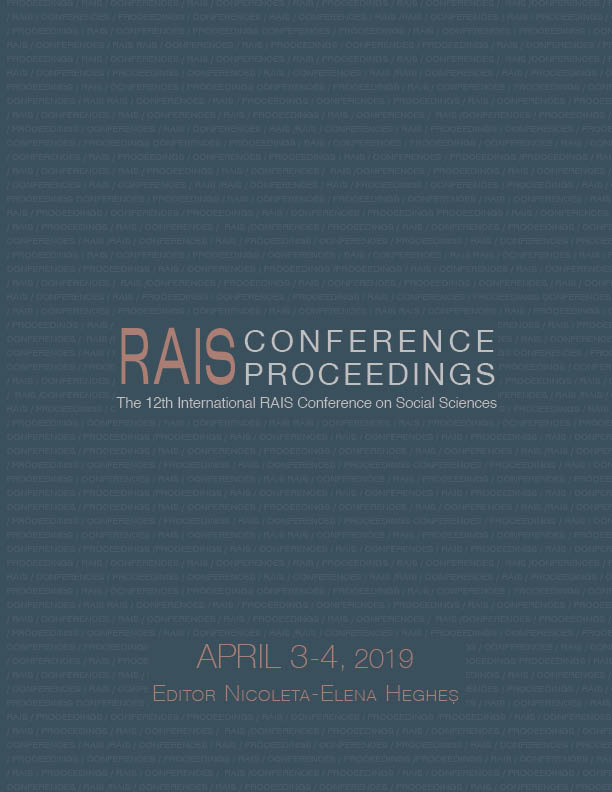The Right Not to Punish
The Right Not to Punish
Author(s): Tiberiu Viorel Popescu
Subject(s): Criminal Law, Criminology, Penology
Published by: Scientia Moralitas Research Institute
Keywords: Criminology; Criminal Law; right; punishment;
Summary/Abstract: No common reasons can be identified for the fundaments of the right to punish, the right not to punish or the right to decriminalize, although, at first sight, the three rights seem to have similar origins. As the right to impose a punishment derives from the law, so a law must also reflect the right to defer a punishment, to waive its application, or to decriminalize a certain conduct. A brief analysis of the right not to punish can also reflect the reason, the conditions, and, possibly, its limits. These can often be arbitrarily interpreted in practice due to reasons that must be identified. An arbitrary exercise of the right to amnesty or to grace, or poor implementation in the Romanian-German law of restorative justice, may have adverse consequences in terms of the safety of social values. To prevent arbitrariness and to ensure social security, the functions of the public authorities play an essential role. At present, only the legislative function generates the law, and the judicial function ensures that the law is implemented or it may order a punishment to be enforced if the law is violated.
Book: Proceedings of the 12th International RAIS Conference on Social Sciences and Humanities
- Page Range: 252-258
- Page Count: 7
- Publication Year: 2019
- Language: English
- Content File-PDF

